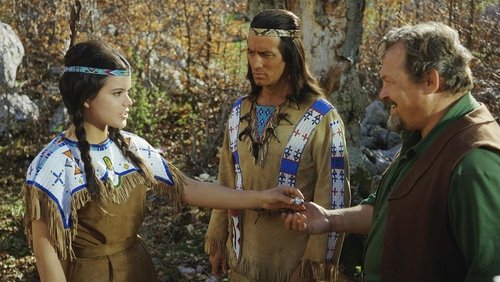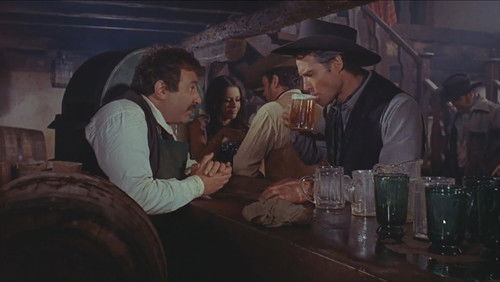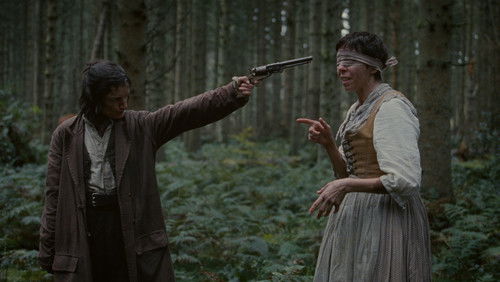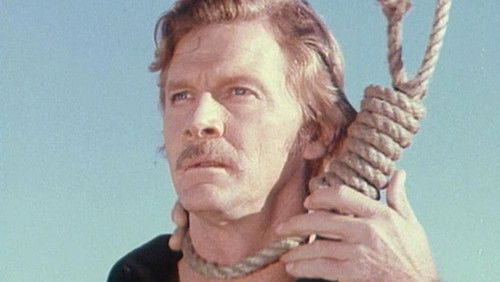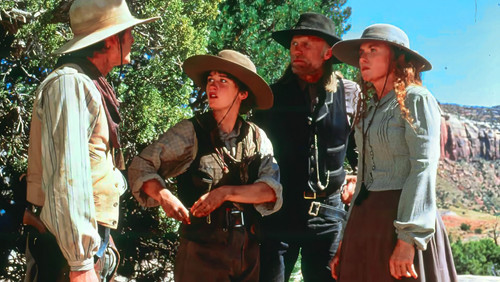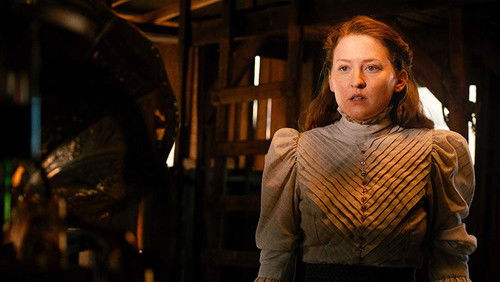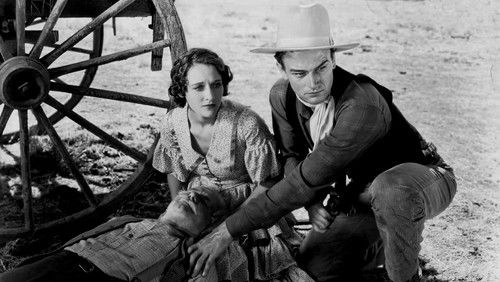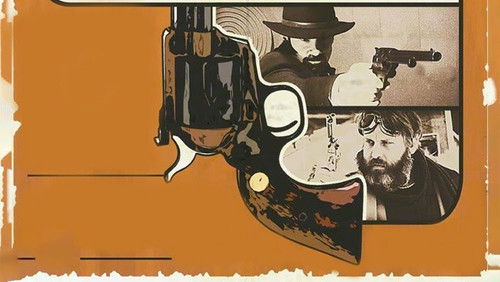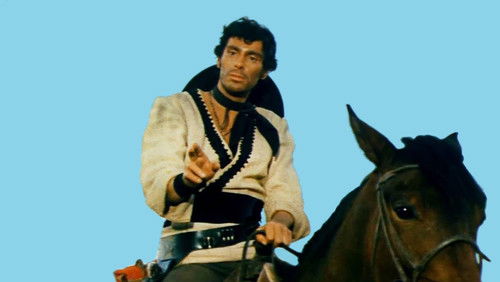Von Mann zu Mann (1967)
28KVon Mann zu Mann: Directed by Giulio Petroni. With Lee Van Cleef, John Phillip Law, Mario Brega, Luigi Pistilli. A young gunfighter forms a tenuous alliance with an aging ex-outlaw to track down and eliminate the bandits who killed his family, till the surprising end.
“This is one of the most legendary Spaghetti Western titles (also because, until recently, it was so difficult to watch in decent form having fallen into the Public Domain), a fine revenge drama well handled by former documentarist Petroni (this was his first genre effort) – though itu0026#39;s somewhat overlong and slowly-paced to boot! u003cbr/u003eu003cbr/u003eOnce again, we have the tension-filled relationship between two unlikely characters – one the experienced and betrayed ex-con Lee Van Cleef and the other the brash and hate-filled youth John Philip Law – both gunning after the same gang seeking revenge. Theyu0026#39;re not exactly allies but when one hasnu0026#39;t preceded the other and their paths cross, they tend to help each other out (though itu0026#39;s more often Van Cleef who has to watch over the still-green Law); in one memorable and oft re-used scene, the latter is interred up to his neck and left to the mercy of insects, vultures and the scorching desert sun! The villains include Euro-Cult favorite Luigi Pistilli (his role here was basically replicated for Sergio Corbucciu0026#39;s THE GREAT SILENCE [1968]) and veteran British actor Anthony Dawson.u003cbr/u003eu003cbr/u003eThe twist at the end – also one which has seen much service, particularly in recent thrillers – is very effective, threatening to dissolve the growing friendship between the two men (Van Cleef has actually come to consider Law as the son he never had!) and which compels them to a face-off (with surprising results). Ennio Morriconeu0026#39;s odd and mostly vocal score was actually utilized by Quentin Tarantino for his KILL BILL (2003/4) saga.u003cbr/u003eu003cbr/u003eI had first watched this via a PD-release and this re-acquaintance came by way of a VHS recording off Cable TV, still in an English-dubbed (though, at least, featuring the leadsu0026#39; own voices) pan-and-scan version; I was aware that the film had been issued on R2 DVD by MGM, though I wasnu0026#39;t sure if the Italian track was included. Still, in spite of the lowly price, the utter lack of extras has dissuaded me from a purchase – given that itu0026#39;s yet to receive an official release on R1 and it may very well turn up in a SE from Italy (the directoru0026#39;s subsequent film, TEPEPA [1968; reviewed below], received the deluxe 2-Disc treatment, with Petroni himself contributing an intermittent Audio Commentary!)…”
